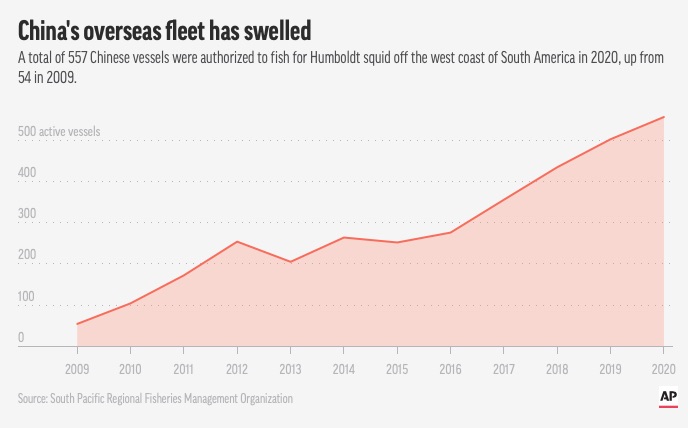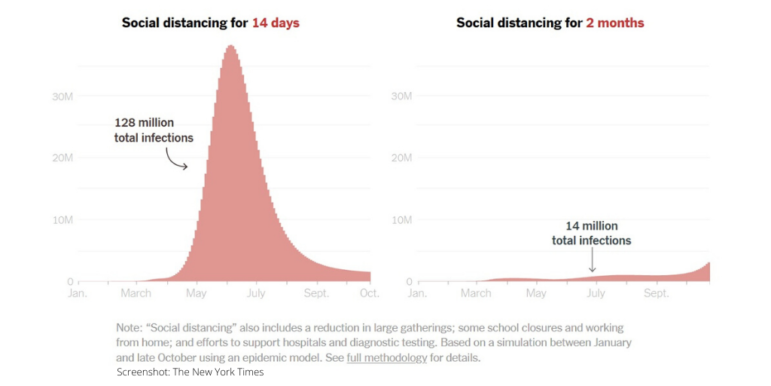
Data Journalism
Data Journalism Top 10: China’s Vast Fishing Fleet, Europe’s Internet Speed, Afghan Resources, and US Murders Rate
Tracking the most popular data journalism stories on Twitter from September 20 to September 26, using NodeXL mapping and our own human curation, we found investigations into burning oil in the Greek islands and heat-related deaths in German cities. In this edition, we also feature an exclusive story about China’s vast, secretive fishing fleet, a look at the US arms race, and an analysis of suspicious anomalies in the recent Russian election results.









